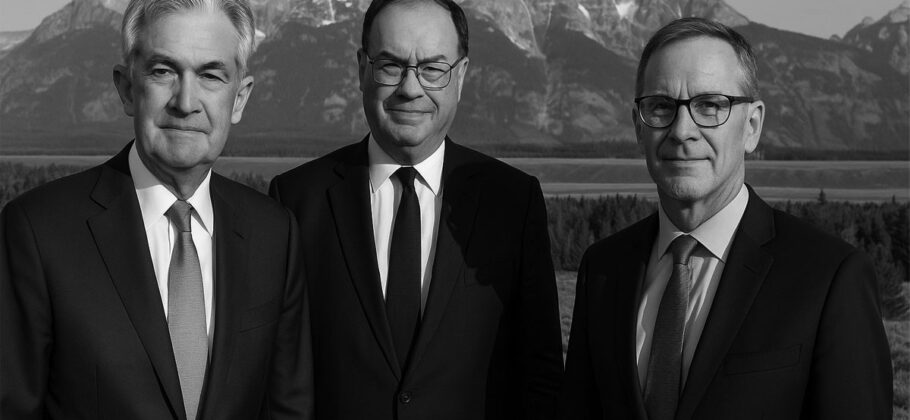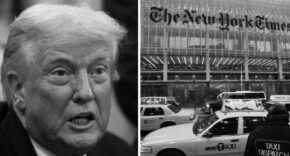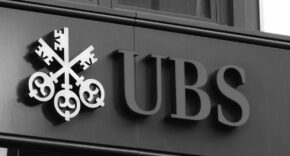Later this week, the quiet surroundings of Jackson Lake Lodge in Wyoming’s Grand Teton National Park will become the stage for one of the most closely watched economic gatherings in the world. The annual Jackson Hole economic policy symposium, hosted by the Kansas City Federal Reserve, begins Wednesday, August 20, with a highlight speech from U.S. Federal Reserve Chair Jerome Powell on Friday, August 22 at 10:00 AM Eastern Time.
This event draws central bankers, finance ministers, and economic experts from around the globe. It is not simply a networking retreat but a venue where the tone of international monetary policy is often set for the months ahead. The serene setting contrasts sharply with the weight of the discussions, which carry implications for global markets, trade, and economic stability.
What Will Be Discussed
The central theme this year revolves around inflation, interest rates, and the uncertain path of the global economy. Recent data show that U.S. inflation held steady at 2.7% in July, while the labor market is beginning to cool. These mixed signals create a challenging backdrop for policymakers deciding whether to stimulate growth through rate cuts or remain cautious to prevent inflation from flaring again.
Other topics likely to surface include the effect of higher tariffs on consumer prices, the broader trajectory of consumer confidence, and inflation trends in other major economies such as Canada, the EU, Japan, and the UK. With many nations reporting their own inflation figures this week, the Jackson Hole gathering comes at a critical moment.
Who Is Expected at This Meeting
According to official information from the Federal Reserve Bank of Kansas City, around 120 invite-only participants typically attend each year. They include:
- Central bankers from around the world
- Federal Reserve representatives
- Academics and top economists
- Government officials and finance ministry leaders
- Journalists and financial industry experts
Beyond these general attendees, several high-profile individuals are confirmed or anticipated:
- U.S. Federal Reserve Chair Jerome (Jay) Powell, whose speech is one of the signature moments of the conference
- Andrew Bailey, Governor of the Bank of England, who has voiced public support for Powell and is expected to attend
- Tiff Macklem, Governor of the Bank of Canada, is also slated to be there
Media reports further indicate that representatives from major global central banks—including the European Central Bank (ECB), Bank of Japan (BoJ), and Bank of England—are expected to attend in substantial numbers.
In short, this year’s Jackson Hole gathering will include a high-caliber mix of global central bank leaders, Fed officials, economists, academics, policymakers, and select media—bringing together the key voices shaping the future of monetary policy.
Powell’s Role and Expectations
For Jerome Powell, this meeting will be particularly significant. His term as Federal Reserve Chair expires in May 2025, and with President Trump openly considering replacements, his words will be weighed not only for policy direction but also for signs of institutional stability.
Powell’s challenge is to deliver a clear message about the Fed’s outlook at a time when the Federal Open Market Committee is divided on whether to cut rates. Market speculation points to a possible 25-basis-point cut in the near term, but Powell has recently tried to cool expectations. His communication style, carefully measured yet open to nuance, will be critical in signaling how the Fed plans to balance price stability with maximum employment.
He will not be alone at the podium of influence. Bank of England governor Andrew Bailey and Bank of Canada governor Tiff Macklem are also attending, offering both solidarity and additional perspectives. Still, Powell’s remarks are expected to dominate the headlines and set the market’s tone.
Political Shadows and Global Implications
While the focus is on monetary policy, politics inevitably looms over the symposium. Trump’s pressure campaign for lower interest rates and his search for Powell’s successor add a layer of intrigue. Though Powell will not directly address succession, any hint about transition planning could sway markets.
Beyond U.S. politics, the implications of Powell’s speech are global. Investors across continents will watch for signals that might move equities, bonds, and currencies. A single phrase from Powell could trigger volatility, either reassuring markets with stability or unsettling them with uncertainty.
The outcome of this Jackson Hole meeting could shape financial markets for months. If Powell signals a willingness to cut rates soon, equities may rally while bond yields drop. If he emphasizes caution, markets may retreat, bracing for tighter conditions. Either way, his words will echo far beyond Wyoming, influencing investment flows and central bank decisions worldwide.
In short, Jackson Hole will once again be more than a scenic retreat. It will be a testing ground for the world’s most powerful economic voices, with Powell at the center, trying to steer policy in uncertain times while under the watchful eye of both markets and politics.





